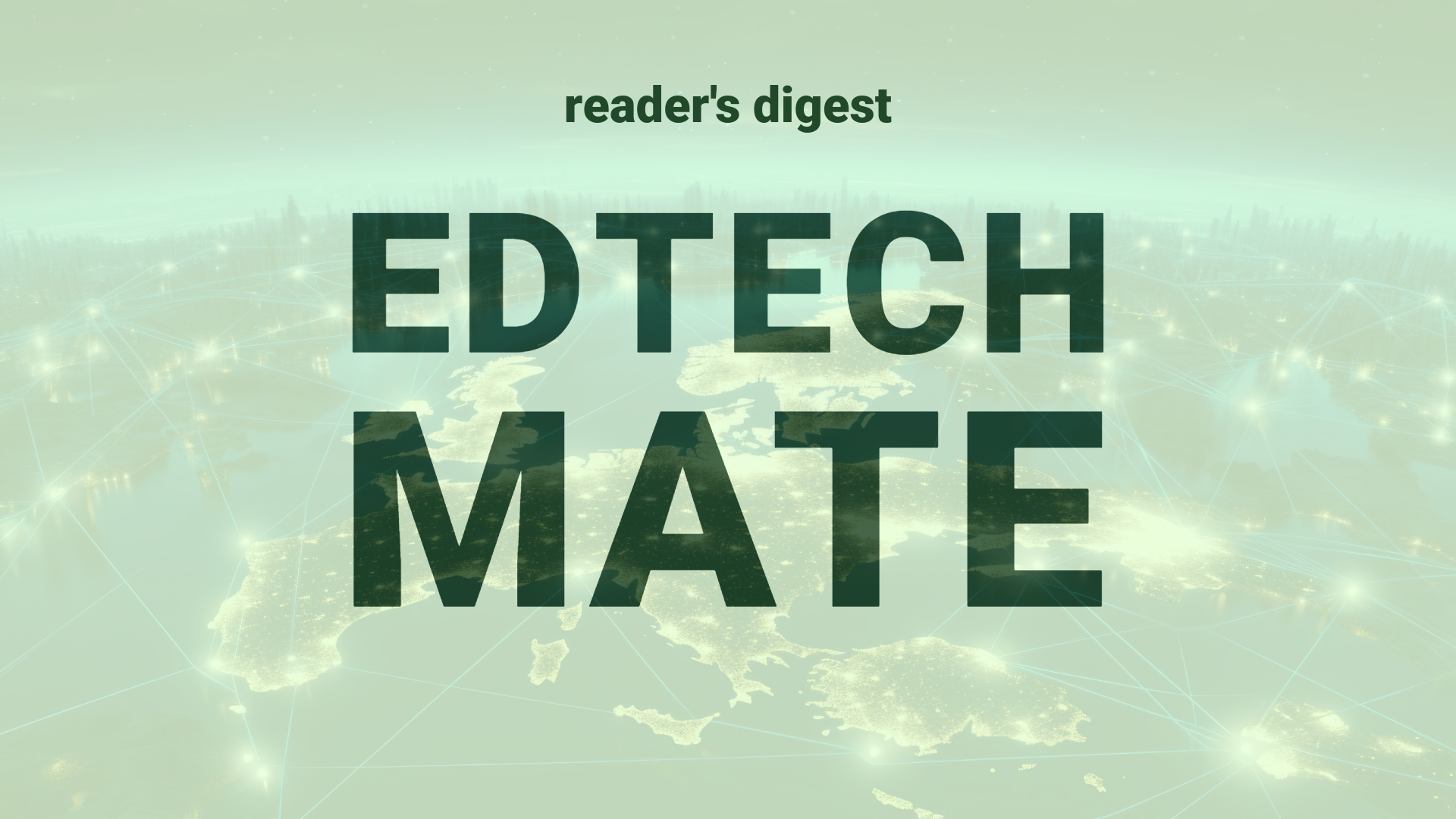Executive Summary and Main Points
The current landscape of technology in education has reached a new frontier with the advent of generative artificial intelligence (GenAI). Since the emergence of ChatGPT, educational leadership faces challenges in harnessing these tools effectively. The “Tech at Work” special series by HBR IdeaCast, featuring senior tech editors Juan Martinez and Tom Stackpole alongside Ethan Mollick, a management professor at The Wharton School, delves into the implications of AI in the workplace. They provide insights into the potential and hurdles of creating value with GenAI, sharing direct experimentation outcomes. Further contributions from various research articles underline areas of concern, such as the ethical dilemmas and performance effects associated with algorithmic management and AI integration in teams.
Potential Impact in the Education Sector
The advancements discussed have considerable implications for Further Education, Higher Education, and the sphere of Micro-credentials. They can revolutionize the pedagogical approach through personalized learning experiences and advanced content creation. Higher Education institutions can benefit from strategic partnerships that integrate GenAI into curricula, enhancing research capacities and administrative efficiencies. The emergence of Micro-credentials facilitated by GenAI could provide versatile, modular learning pathways. With digitalization at the core, these technologies will create more adaptive and responsive educational environments, though institutions will need to strategically plan for the infrastructure and training required to fully utilize these tools.
Potential Applicability in the Education Sector
GenAI can be applied innovatively across different facets of global education systems. AI-driven analytics can predict student performance and help tailor intervention strategies. Virtual AI tutors can offer personalized support to students, enabling scalable education. Furthermore, GenAI can enhance online learning platforms with interactive content, such as generating dynamic case studies or simulations. AI could also be instrumental in automating administrative tasks, freeing educators to focus on teaching. Deploying these digital tools requires thoughtful integration, ensuring they complement rather than replace human expertise.
Criticism and Potential Shortfalls
Despite the promise of GenAI, there are criticisms and potential shortfalls such as the risk of diminishing human interaction and the potential for bias in AI-generated content. Moreover, relying heavily on algorithmic management may reduce prosocial motivation among staff members. Comparative international case studies reveal that when AI team members are introduced, there may be initial drops in performance, likely due to adjustments in team dynamics. Ethical and cultural implications, including the risk of reduced empathy and understanding in diverse settings, necessitate careful consideration in the adoption of AI technologies.
Actionable Recommendations
To capitalize on the opportunities of GenAI, education leaders should consider the following strategic recommendations:
1. Invest in professional development for educators to become proficient in AI integration.
2. Establish partnerships with AI developers to tailor solutions to specific educational needs.
3. Implement pilot programs to test and refine the use of GenAI within curricular and administrative contexts.
4. Foster interdisciplinary collaborations to address the ethical dimensions of AI use.
5. Insist on diverse data sets during GenAI development to minimize biases and ensure inclusiveness.
6. Continuously engage with stakeholders to explore the cultural fit and impact of new technologies in their educational contexts
Source article: https://hbr.org/podcast/2024/05/tech-at-work-what-genai-means-for-companies-right-now

